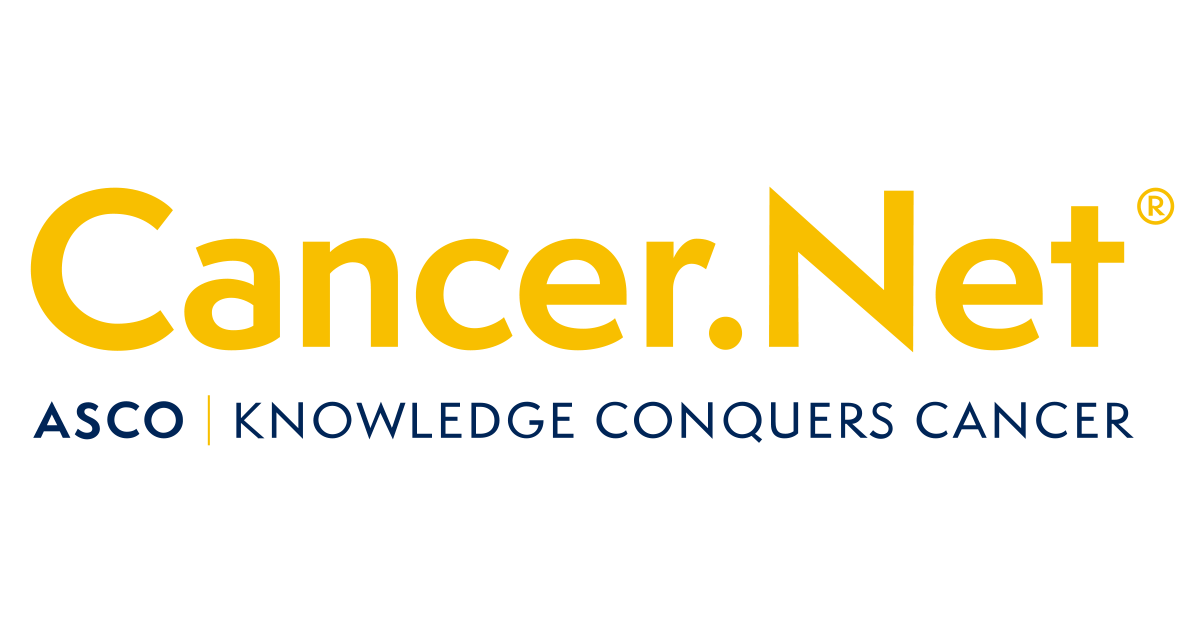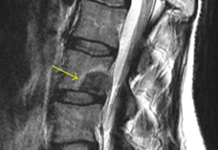
This year marks the 50th anniversary of the National Cancer Act, an important milestone that highlights the country’s ongoing determination to support cancer research. The National Cancer Act of 1971 was initially established in an effort to eliminate cancer. Importantly, the Act created the nation’s clinical trials network and led to critical research in the care and treatment of people with cancer.
In the early years of this effort, war metaphors were used to describe the goals of this law, such as battling or waging a war against cancer. But in recent years, we have resolved to use calmer expressions that reflect a collective determination to control cancer and recognize the global burden of suffering caused by this disease.
Reflecting on the distance traveled in the past 50 years, there is much to celebrate. We have successfully expanded treatments for cancer while reducing toxicity and have integrated supportive services to meet the holistic needs of the person who is a patient. We have removed much of the stigma associated with cancer so people can openly talk about the impact the disease has on their lives and get the support and professional help they need. We have expanded the objectives of cancer research to address prevention of cancer through efforts that target health across the population. We have prioritized the education of patients and families. We have learned how important it is to share data and discoveries through clever uses of information technologies and through the nation’s clinical trials network.
Cancer research is as important today as ever before. When we think of research, we often think of advances in treatment and how that helps the people who are diagnosed with and living with certain diseases. But we also need to think of research as an investment in the future, since laboratory discoveries take years to mature into safe and effective treatments. Each of us can contribute by supporting cancer research through fundraising, by raising awareness of cancer research, and emphasizing the importance of participating in clinical trials.
As I think back on the evolution of cancer therapies during my practice as an oncologist, I am deeply grateful to the community that leads and supports cancer research. I smile when senior colleagues say they can’t even pronounce the names of new immunotherapies and when students take for granted that our customized treatment plan is based on understanding the individual biology of a patient’s disease. Yesterday’s aspirations and dreams are today’s standard of care. We all—including patients, advocates, and caregivers—have a role to play in reducing the burden of cancer through education, research, and attention to each individual person who is touched by this disease.







